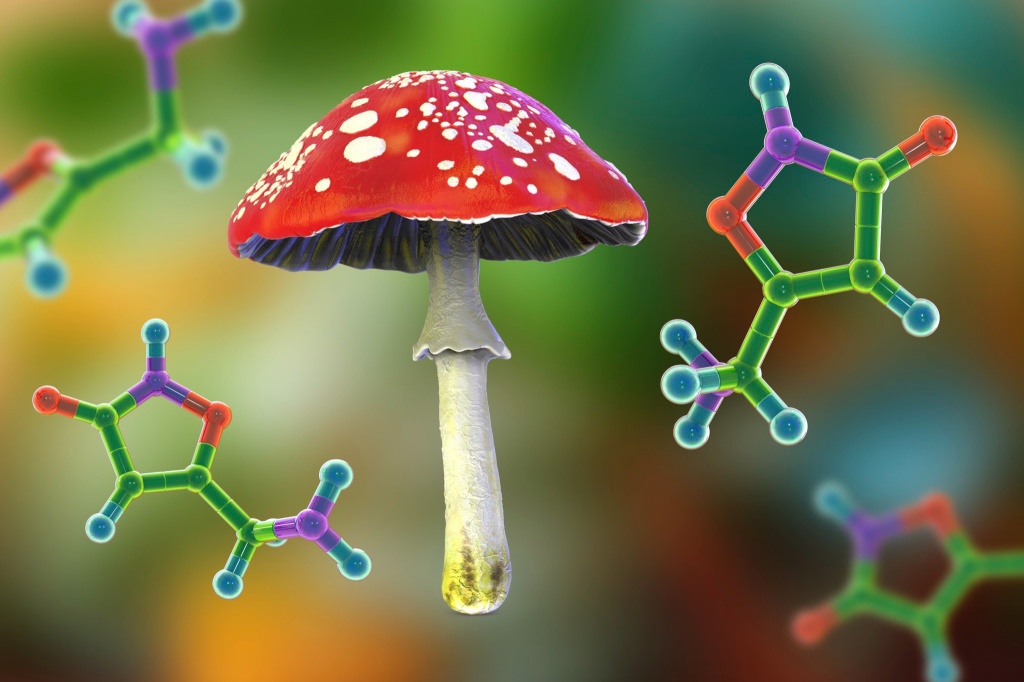Why ‘shrooms help some people—and not others

Your genes might play a role in how you respond to magic mushrooms.
While studies have shown that psilocybin, or magic mushrooms, can help treat patients with Generalized Anxiety Disorder (GAD), current data indicate that it does not have a high efficacy rate. In a recent Phase II clinical trial, only 44 percent of participants responded to the psilocybin treatment.
However, a study, which was published in the International Journal of Neuropsychopharmacology, found a new way to identify which individuals with GAD are likely to respond to psilocybin treatment.
RELATED: Magic mushrooms may help with common debilitating condition
This study was the first study to utilize a multi-omic approach to look at psychedelic treatment for a mental illness.
The researchers analyzed samples of blood taken from 11 participants who responded to psilocybin and 13 participants who did not respond to the treatment. They identified five genes that were differentially expressed in responders but not in non-responders.
Through a cluster analysis, they were also able to identify the expression levels of four genes. These genes separated 45 percent of participants who responded to psilocybin from all other participants, suggesting that these genes may play a role in one’s reaction to psilocybin.
RELATED: Scientists capture most complete cannabis gene map ever
The implications of these results have the potential to significantly help doctors prescribe the most effective treatment possible. By being able to differentiate between patients who do react well to psilocybin versus those who do not, doctors will be able to direct those who might not respond well to alternative therapies. Being able to isolate the patients that do not have this genetic predisposition means that those patients can receive treatment that is likely to be more effective faster, bypassing the potential adverse side effects from psilocybin.
While the implications are vast, further study is needed to validate these genes as treatment response biomarkers and predictors of treatment response.